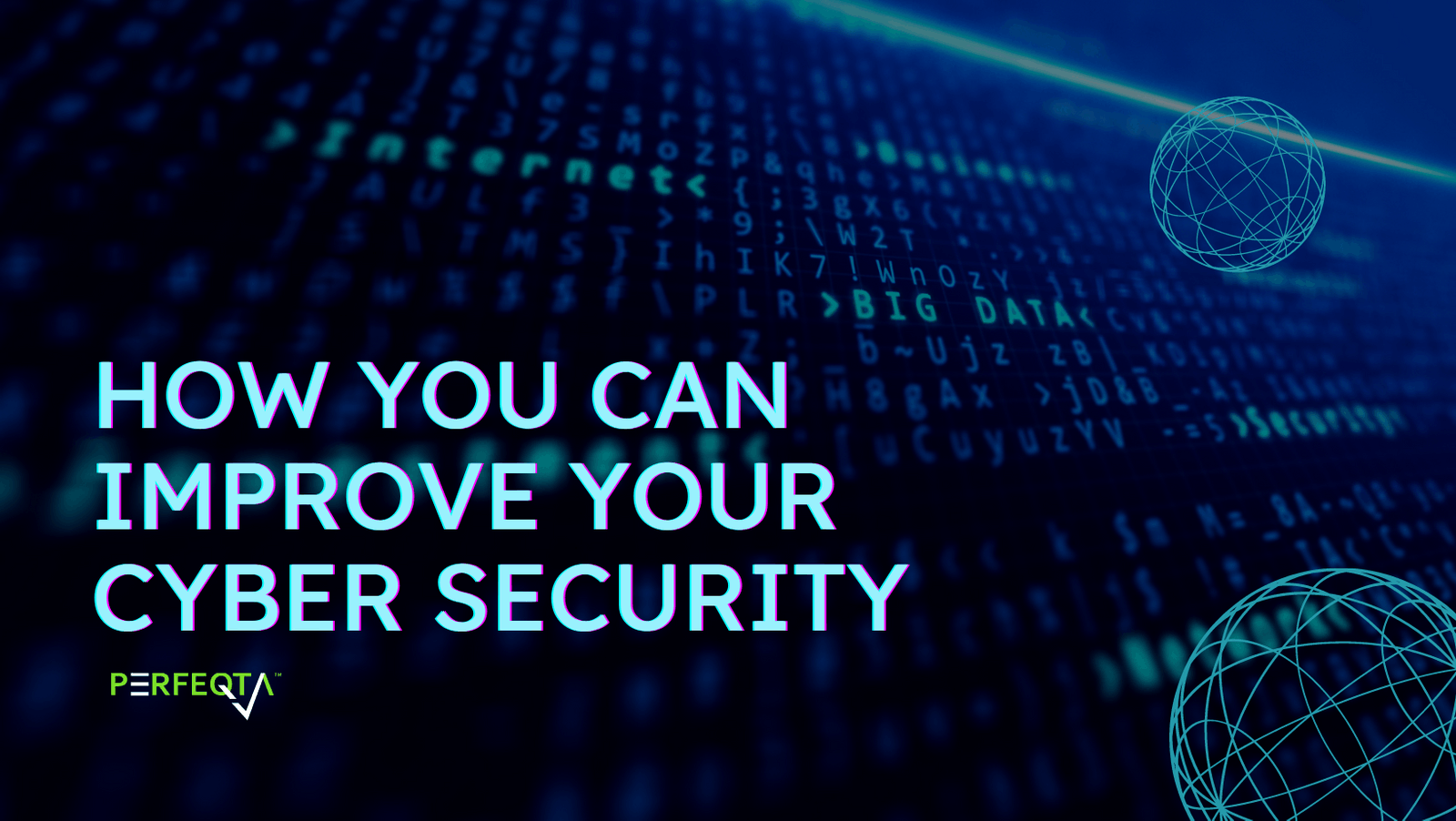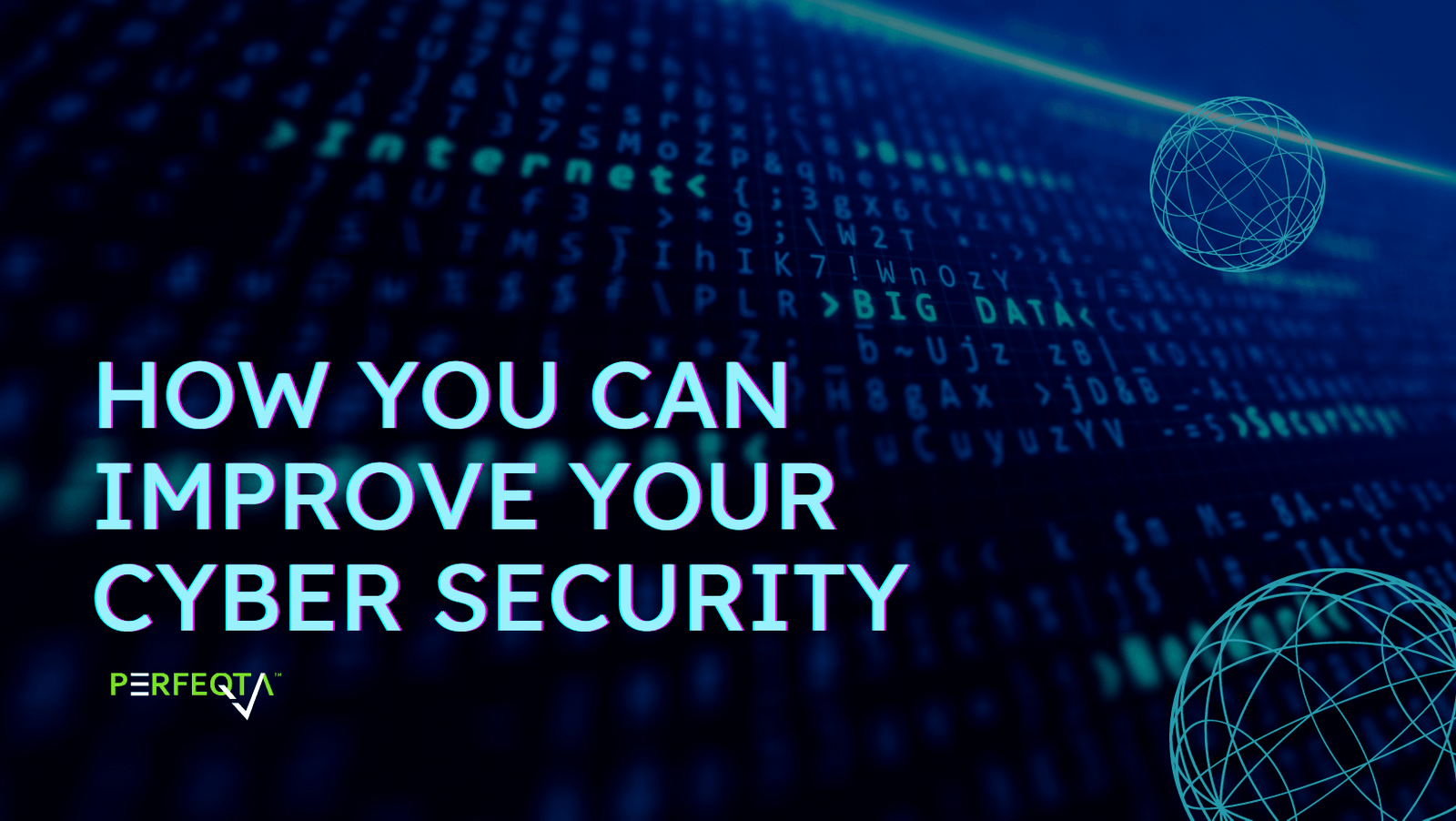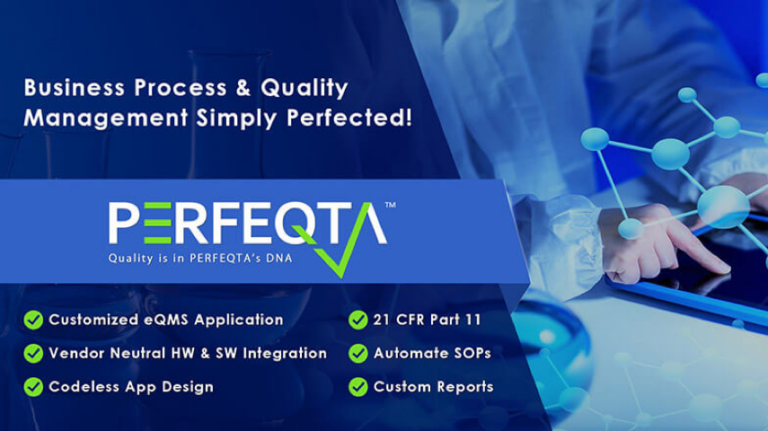How You Can Improve Your Cyber Security


Cybersecurity risks are on the rise. Hackers have displayed the ability to knock healthcare systems offline and shut down energy grids. Organizations, meanwhile, are shelling out many millions to recover data taken hostage. And amid the COVID-19 pandemic, phishing emails proliferated with criminals pretending to be World Health Organization or CDC experts.
Increasing security is vital in every industry but especially for organizations in healthcare and similar fields that handle highly sensitive information. Indeed, data suggest that phishing scams may have increased by as much as 600 percent during the pandemic. Fortunately, with the proper measures, you can mitigate cybersecurity risks. Let’s take a look at how your organization can improve cyber security.
Train Your Employees
Researchers at Stanford found that roughly 88 percent of security breaches result from human error. An employee might fall for a phishing email, for example, and hand over their login credentials to criminals. Likewise, if team members download malicious software, it could corrupt their computer and spread through your network.
In some cases, your IT team can reduce human error by restricting what users do. You can set up work computers so that only the IT team can install new software. Still, human error will always remain a risk, and through social engineering, criminals may gain access to sensitive data.
It’s vital to train employees to look out for unscrupulous actors and to take steps to secure data, software, and systems.
Make Sure Your Systems Are Up to Date
There’s a constant tug-of-war between cybercriminals and software developers. Unscrupulous parties find a vulnerability and exploit it. Security and IT experts notice the intrusions or preemptively find a vulnerability. Then they patch the code, thus eliminating the security gap.
If your software isn’t updated, however, the vulnerability will remain. And should a hacker discover out-of-date software, they may be able to break in. By keeping your software up-to-date, you can close gaps and ward off breaches.
Bringing Artificial Intelligence to Bear
Artificial Intelligence can now be used to boost cyber security. Cybersecurity has always been an arms race, and AI is emerging as a powerful tool for both security experts and malicious parties. Unfortunately, hackers also use AI to sniff out vulnerabilities and launch attacks.
It’s now possible to use AI to scan for malicious software and intrusions. With sophisticated algorithms and natural language processing, among other tools, it’s even possible to uncover seemingly minute but questionable activities. AI can also analyze intrusions and draw attention to the highest risks.
AI can also be used to examine and analyze behavioral patterns. This allows organizations to plot out user journeys through software systems and journeys that don’t conform to norms. By figuring out patterns, it’s possible to uncover malicious bots and hackers who aren’t conforming to expected behaviors.
Once identified, it’s easier to monitor and block these malicious actors. And with AI, much of the work is hands-off for your IT team.
Using Hardened Software Systems That Use the Latest Encryption Methods and Security Measures
One of the simplest and most effective ways to increase cyber security is to work with those solution providers that prioritize security. For better or worse, not all software solutions are coded equally. Whether you’re talking about traditional, locally installed software, or SaaS options, some providers take cyber security more seriously than others.
No matter the software, it’s crucial that it’s regularly updated to close breach points. With SaaS, the software is updated by the provider to close gaps. As such, it’s essential to make sure that said provider takes security seriously and updates their software as needed to close any gaps and address other security concerns.
Also, consider regulatory requirements. It’s now possible to use encryption and tokenization, for example, to obscure sensitive data, such as patient health records. Following regulatory requirements to the T may reduce the risk of sensitive data falling into the wrong hands.
How We Can Help
Companies operating in highly regulated and sensitive markets should select software providers, like PERFEQTA, that understand the regulations, requirements, and threats. This way, risks are minimized. Secured transmissions, encrypted servers and databases, and many other tools can be brought to bear to protect your company and its ambitions.






